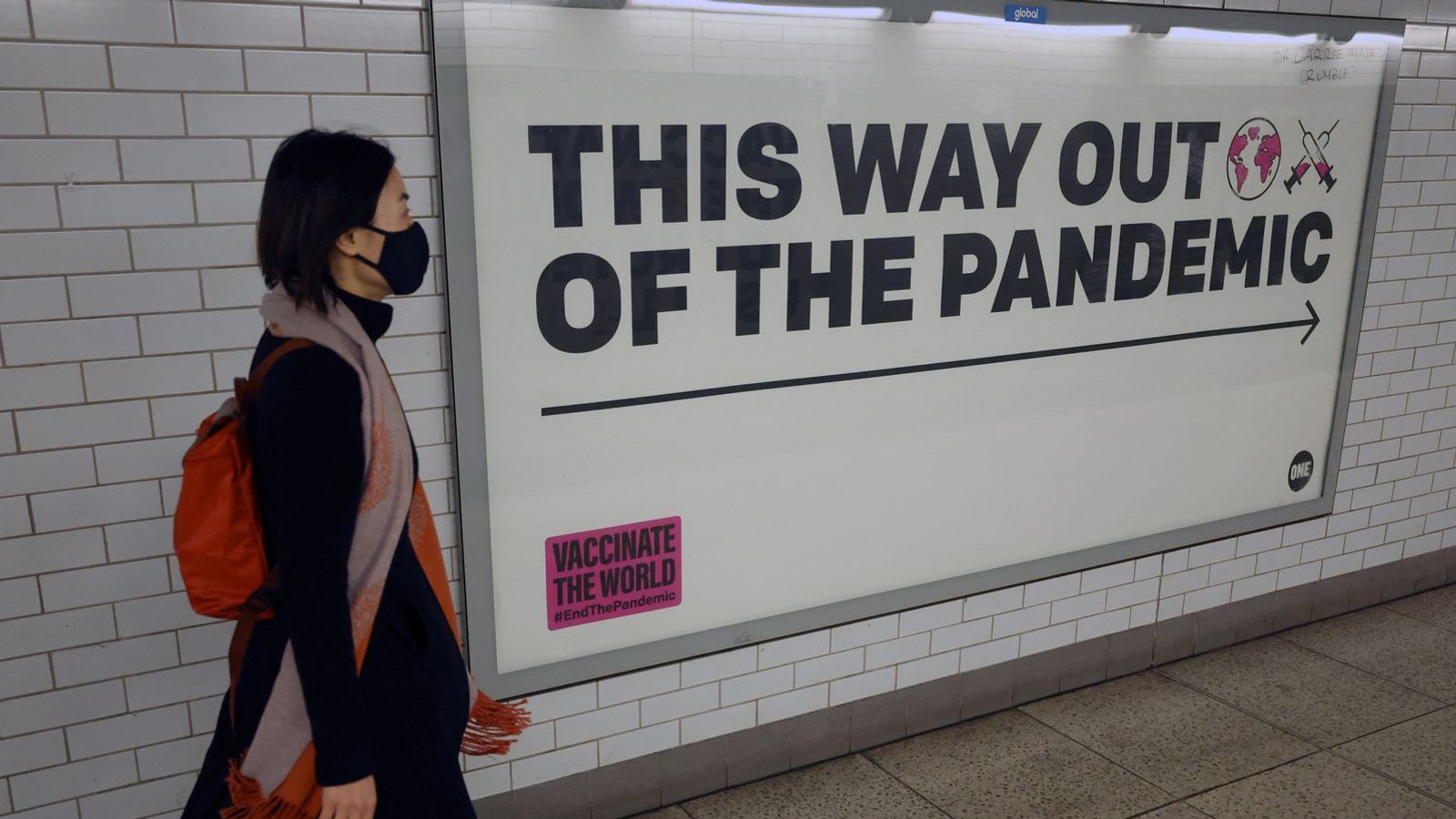The world’s largest genetic study of people with severe COVID has identified DNA variations that could lead to new life-saving treatments for the disease.
The research identified 16 changes to the DNA sequence of critically ill COVID patients that affected their immune response, or increased the risk of blood clotting and inflammation in the lungs.
The researchers in the GenOMICC consortium, which involved almost every intensive care unit in the UK, say the findings map out new molecular targets for drugs that are currently used to treat other medical conditions.
Professor Kenneth Baillie, the study’s chief investigator and a critical care consultant at the University of Edinburgh, said: “We have shown for the first time in the history of critical care medicine that an infectious disease that causes organ failure is treatable by supressing the immune system.
“That’s reason to carrying on trying to treat COVID better and get the mortality down to zero. That should be what we are aiming for.”
The researchers compared the complete genetic sequence of almost 7,500 critically ill patients with more than 48,000 people from Genomics England’s database who had not had COVID, and a further 1,630 who had mild symptoms.
Results published in the journal Nature showed 16 variations were far more common in people who suffered a bad outcome from the disease.
COVID-19: Global death toll from coronavirus reaches six million, new figures show
COVID-19 expert claims he was told to ‘correct his views’ after criticising ‘implausible graph’ shown during official briefing
Queen hosts virtual engagements after testing positive for COVID-19
‘Absolutely extraordinary’
An earlier study by the same researchers identified four genetic targets for treatment.
As a result, baricitinib, an anti-inflammatory drug normally used to treat rheumatoid arthritis, was tested as part of the NHS-run RECOVERY trial, with results showing that it saved lives.
Read more:
Global death toll from COVID reaches six million
Queen’s first in-person engagement since contracting COVID
“When we started this study we were funded by a small charity founded by a group of relatives of a patient who died in intensive care and they generously supported us to get started,” Prof Baillie said.
“I said to them this could take more than 10 or 15 years to go from finding genes to having an impact on therapy.
“So to do it in little over a year is absolutely extraordinary.”
The human genetic code, or genome, is three billion letters long. But single substitutions with a different letter in key genes can change the blueprint for making proteins.
One of the newly discovered variations was in a gene that makes interferon, a molecule used by cells to signal to the immune system that there is an infection present. Because the protein was folded in a slightly different way cells were unable to raise the alarm.
Effective therapies
“This was significantly associated with the chances of dying with COVID,” said Prof Baillie.
The study has been so successful at identifying drug targets that the scientists are now tackling other major causes of mortality in critically ill patients, including sepsis, or blood poisoning, in which the immune system over-reacts to an infection and attacks body organs.
More than 120 treatments for sepsis have been tested in trials over the last four decades but without success.
Prof Baillie said: “GenOMICC has shown we can find effective therapies for critical illness using genetics.
“Emboldened by that demonstration of the concept we will work as hard as we can. Our 10-year aim to have a clinical impact on sepsis, but it might take longer than that.”






















